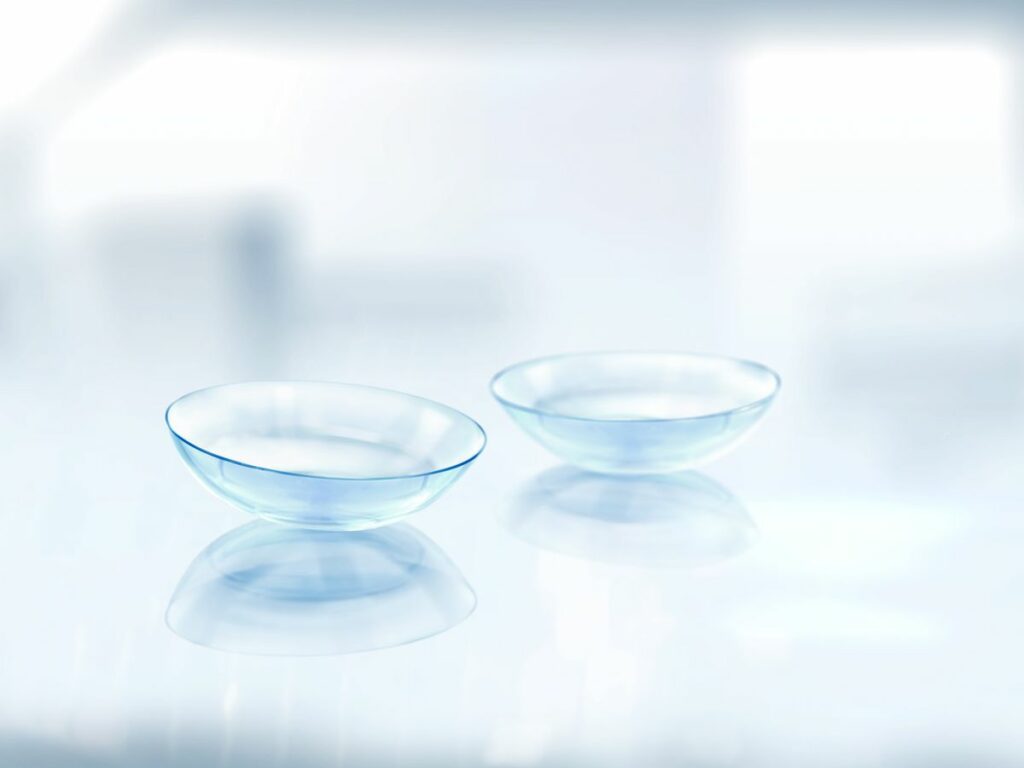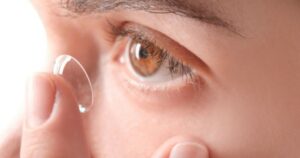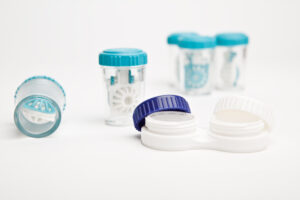Are you thinking of trying contact lenses? Is there a better way to correct your vision with all of the healthful and convenient options available today? Some people find that wearing contact lenses is better for their lifestyles, while others enjoy the ease of wearing eyeglasses and would prefer to stick with them. Many people can benefit from contacts, but they may not be right for everyone.
What to Know Before You Get Contact Lenses
1. Your prescription may change.
Even if you have worn contact lenses in the past, your prescription may have changed. People with a family history of a higher risk of a certain eye condition, such as glaucoma, myopia, or cataracts, may need to visit their eye doctor more frequently.
2. Make sure they’re right for you.
If you’re considering contact lenses, visit with an eye doctor to determine if they’re right for you. You need to know if you should wear contacts for whatever activity you intend to do, whether that’s playing sports, swimming, working out, or other activities.
3. Contact lenses are not for everyone.
While contact lenses do offer benefits, especially for people who wear glasses often, they may not be right for you. If you have eye conditions, such as dry eyes or allergies, or if you have any kind of eye surgery, you may not be able to wear contacts. If you have had any type of eye injuries, you should not wear contact lenses until your eye doctor clears you for wear.
Tips for Choosing the Best Contact Lenses for You
If you’re thinking of wearing contact lenses for the first time, you’re in the right place! Here are some things you should know before you get contact lenses.
1. Cost.
The price of contact lenses depends on your prescription, the brand you choose, and where you purchase your contacts. While most contacts are priced at around $100, it is possible to find contacts for less. You can buy lenses online or at discount stores, though if you buy contact lenses without a prescription, they aren’t recommended.
2. Fitting.
When you get your contact lenses, your optometrist will assess their fit. If they don’t look or feel right, they may not be for you. Lenses should be comfortable and should not hurt. Contact lenses that are too dry, too soft, or that don’t fit right can cause eye irritation or infection, so remember to schedule regular checkups with your doctor.
3. Sizing.
The size of the contact lens will depend on your prescription. Typically, contact lenses are sold in soft or rigid sizing. Your eye doctor will help guide you in the right direction.
4. Maintenance.
Contact lenses need to be cleaned, disinfected, and stored properly. When you get your contacts, your doctor will give you instructions on how to take care of them. Proper care is necessary to keep your eyes healthy.
5. Store-bought drops.
All contact lens wearers should use store-bought multipurpose contact lens solutions for daily cleaning. Solutions sold at the store are sold in plastic bottles with an eye dropper. When you buy contact lens solutions, be sure to buy the right kind for soft lenses (for example, you would not want to use multipurpose solution for soft lens wear on disposable contacts).
Looking to get your contact lenses? Get in touch with us today to see how we can help.





